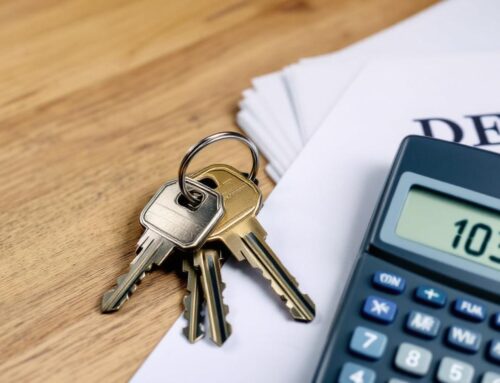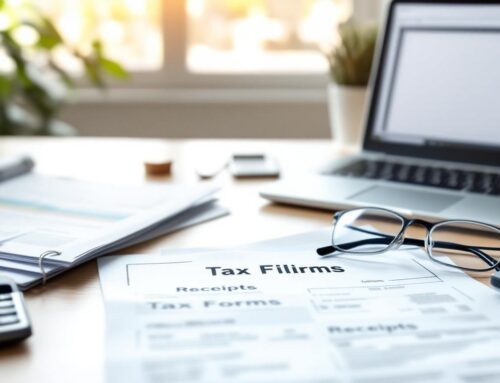Hi! I’m Bette Hochberger, CPA, CGMA. For today’s blog, I will be discussing short-term rentals and taxes.
The world of short-term rentals has exploded with platforms like Airbnb, VRBO, and others, making it easier than ever for property owners to earn income from their real estate investments. However, with this new opportunity comes the responsibility of understanding and complying with tax laws.
Understanding Short-term Rental Income
Short-term rental income is taxable. Whether you rent out a room in your home or an entire property, the income you receive must be reported to the IRS. The way you report this income, and the deductions you’re eligible for, can vary depending on how often you rent out the property and your level of involvement.
Tax Reporting for Short-term Rentals
- Reporting Income: All income received from rentals must be reported on your tax return, typically on Schedule E (Form 1040).
- Renting for Fewer than 15 Days: If you rent your property for fewer than 15 days per year, the income is tax-free, but you can’t deduct any rental-related expenses.
- More Than 14 Days: If rented out for more than 14 days, you must report all rental income, but you can also deduct certain expenses.
Deductible Expenses
Several expenses associated with short-term rentals can be deducted, including:
– Mortgage interest
– Operating expenses (utilities, maintenance, insurance)
– Depreciation of the property
Occupancy Taxes
In addition to income tax, many localities require rental owners to collect and set aside occupancy taxes, often referred to as hotel or tourist taxes.
Licenses and Regulations
Be aware of local laws and regulations. Some cities require short-term rental properties to have a license or permit and adhere to specific rules and regulations.
If you are a short-term rental property owner, it’s important to always stay informed about your tax obligations. Properly reporting income and understanding your deductions can save you money and keep you in compliance with tax laws.
Consult with a tax professional, like myself, to understand your specific situation, and make the most out of your rental property.
As always, stay safe, and I will see you all again next time!







